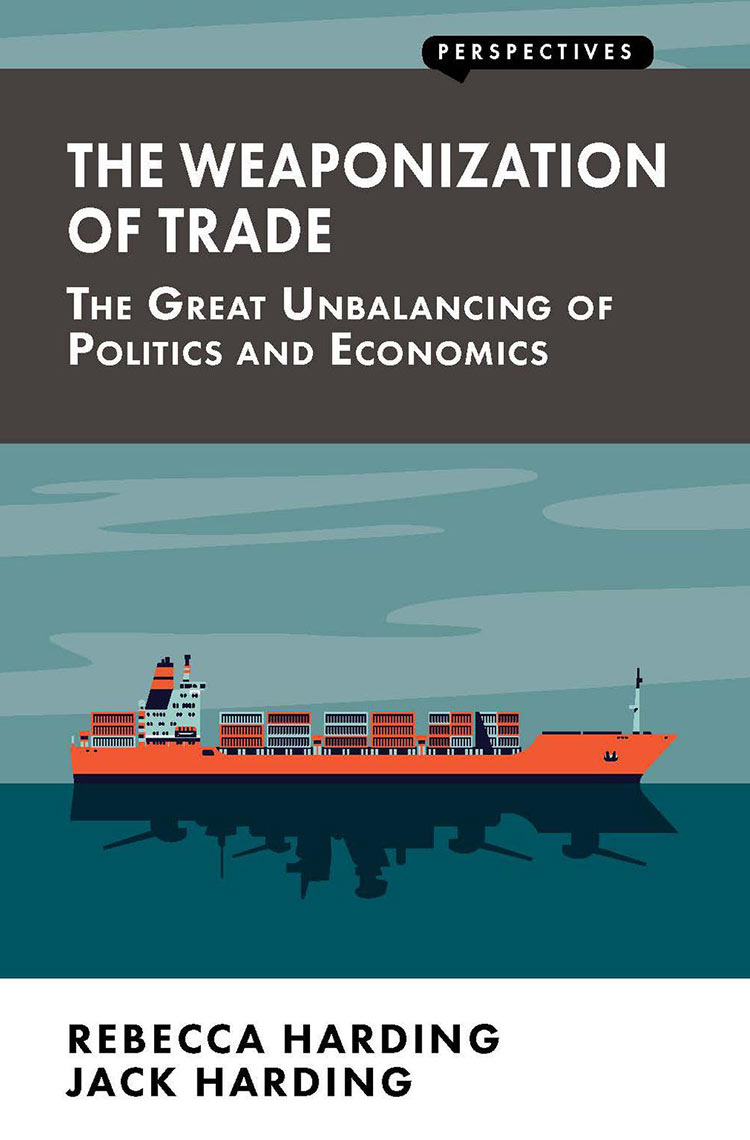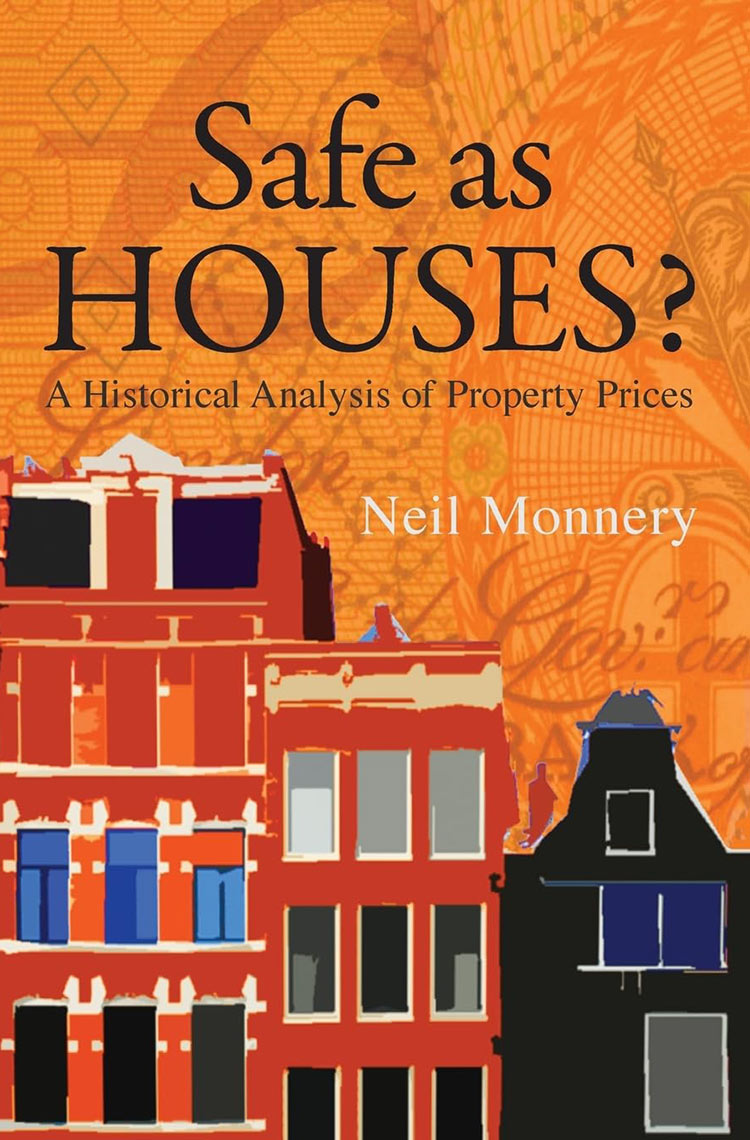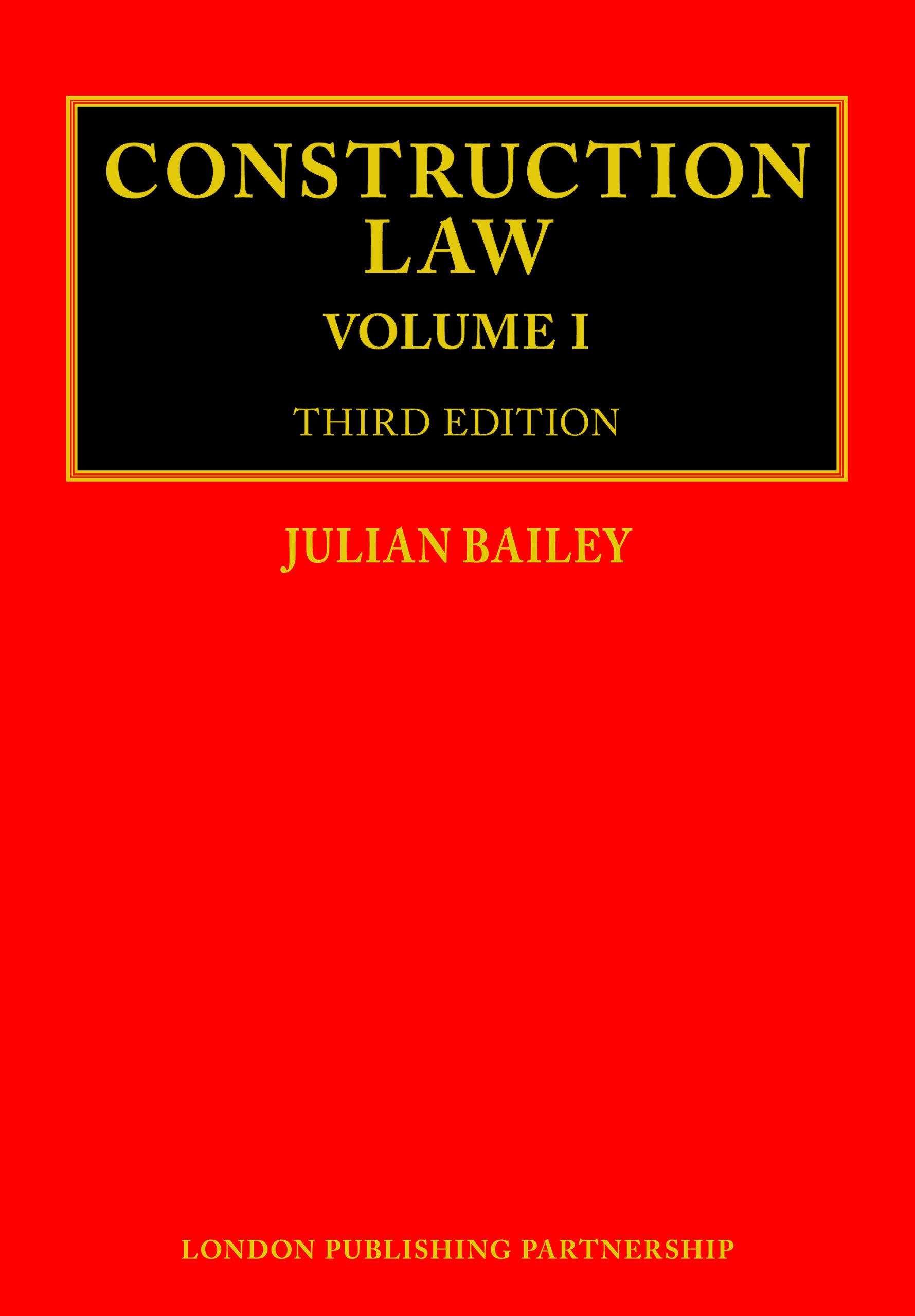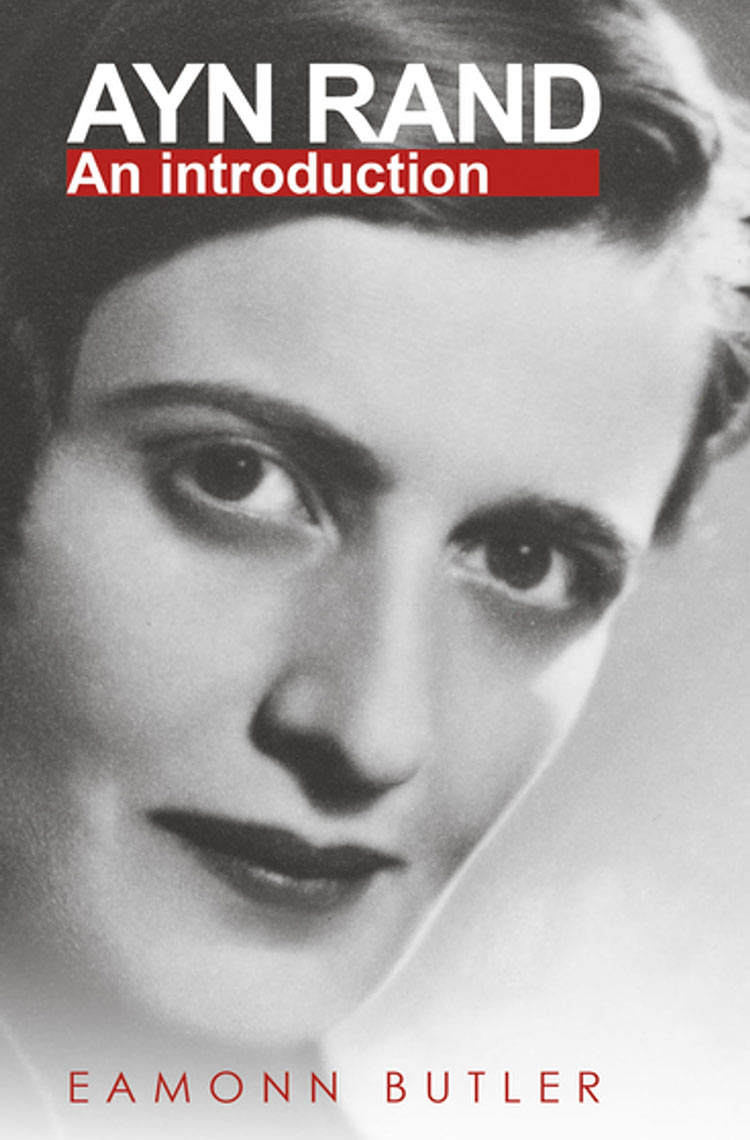Trade is being weaponized – and this isn’t good. As politicians on both sides of the Atlantic raise the stakes, trade is increasingly a tool of coercion to achieve strategic influence. This book looks at the risks for us all as trade becomes an instrument of foreign policy, and shows how politicians could turn things around.
Although trade, wars and foreign policy have been interwoven throughout history, the belligerence of the language today means trade is becoming predominantly political and strategic, rather than economic. This book looks at why politicians have resorted to economic nationalism, using the rhetoric of conflict to recapture the lost territory of global leadership and to win the hearts and minds of their ‘populist’ electorates. The authors also present new data on unseen trade in arms and dual-use goods that are used to fight proxy wars, wreaking havoc with beneficial trade and increasing migration, which in turn further fuels the fear and the febrile atmosphere at home. They present policy recommendations for reversing these trends: increasing trade finance, promoting the benefits of globalization and controlling the export of weapons.
We are at an historical juncture as globalization itself is called into question. The political, economic and technological progress of the last thirty years is under threat. Unless governments retreat from their current rhetoric, the scope for mistrust and retaliation will grow. There will be no winners.
Praise for The Weaponization of Trade
“A new sort of trade negotiations are about to dominate the political agenda of the major powers. At a time when the Trans-Pacific Partnership and the North American Free Trade Agreement are being revisited and Brexit is being negotiated, this book shows how the economic benefits of trade are being tied to countries’ strategic foreign policy objectives, leading to win–lose bargaining and greater international tensions. It also examines trade in the arms and dual-use sectors, providing a glimpse into hidden Russian–Syrian and Chinese–North Korean flows. The Hardings’ book is an ominous and eye-opening preparation for the weaponization of trade to come.”
Dame DeAnne Julius, chair of the Council of University College London
“An invaluable guide to the new world economic order – shaped by Brexit, Donald Trump and the rise of China. In this new world, trade can become a weapon for political aggression rather than a benign instrument for economic progress. A must-read for everyone seeking to understand the emerging twenty-first-century economy.”
Andrew Sentance, Senior Economic Adviser to PwC and former member of
the Bank of England’s Monetary Policy Committee
“The politics of trade today are to say the least challenging, and this makes the Hardings’ book a timely and thought-provoking work. This is a compelling read for all those engaged in the world of trade – giving us fresh insights, an authoritative analysis and accessible interpretation of the present situation and the dangerous trajectory we find ourselves on.”
David Hennah, joint chair of the World Trade Board
“At a moment when global trade flows and trade policies are in more flux that at any time since the formation of the post-World War II settlement, this book unpacks the reality of the known as well as the unknown ‘knowns’ of world trade.”
Iain Anderson, executive chairman of Cicero
Dr Rebecca Harding is the CEO of Equant Analytics. She was formerly chief economist at the British Bankers Association and a senior fellow at London Business School.
Jack Harding is studying for a PhD in European Security at the University of Glasgow. He holds an MA in Intelligence and International Security from Kings College, London.





